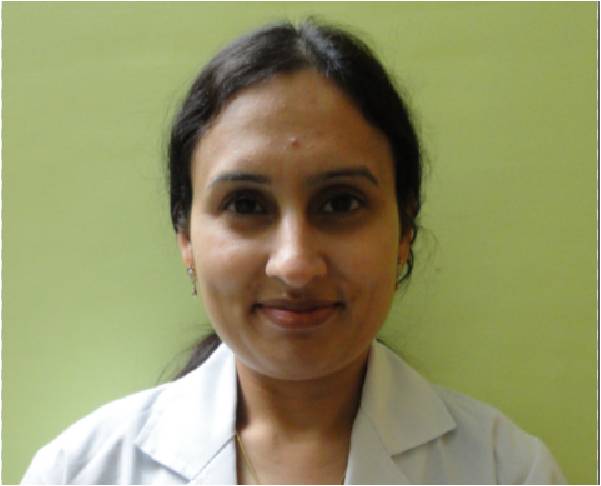Feeling Of Fullness. Diagnosed Hypoechoic Lesions On Liver After Nephrectomy For Benign Tumor. Is It Cancer?

 Sat, 27 Apr 2013
Answered on
Sat, 27 Apr 2013
Answered on
 Fri, 17 May 2013
Last reviewed on
Fri, 17 May 2013
Last reviewed on
Thanks for posting your query on Health Care Magic.
A long history of three hypoechoic lesions in the liver does not suggest a malignant process.
There are many benign lesions of the liver.
Most of them are asymptomatic.
There removal is warranted once they increase in size, cause pain; undergo secondary changes like hemorrhage, etc.
To name a few benign lesion of the liver- cysts, hemangioma, focal nodular hyperplasia and hepatic adenoma.
Out of these liver adenomas are known to occur in females taking OCPs (oral contraceptive drugs).
Is there any history of OCP intake?
You have also mentioned that you were operated for a benign renal tumor.
Could you tell me the diagnosis of that renal tumor?
In case, it was a cyst it could have coexisted with liver cysts.
Let me know the details so that I can help you further.
Dr Shailja P Wahal

Yes. I did take birth control pills until I was around 30. I'm 67 now.
The tumor on my right kidney was referred to as a benign tumor. It had very unusual characteristics - somewhat jagged on one edge. In fact, it was so unusual that medical students from various schools in Pittsburgh actually came to the hospital to view it. Since the kidney was only functioning at 20%, the surgeon decided to remove the entire kidney, along with two ribs. Prior to surgery, there was initial concern that the tumor was growing into the liver. Fortunately, it was not. It came totally free during the surgery. When the lesions on my liver were first diagnosed, my gastroenterologist said it was possible they were "sores" from the big tumor on my kidney pushing into the liver.
So, I think there is not much to worry as the liver lesions are not malignant.
They are benign.
Stay in touch with your gastroenterologist at regular intervals.
If the liver lesions remain asymptomatic, nothing needs to be done.
In case they become symptomatic, the need for surgery will be decided by your surgeon.
Relax and take care.
Dr Shailja P Wahal
Answered by

Get personalised answers from verified doctor in minutes across 80+ specialties



